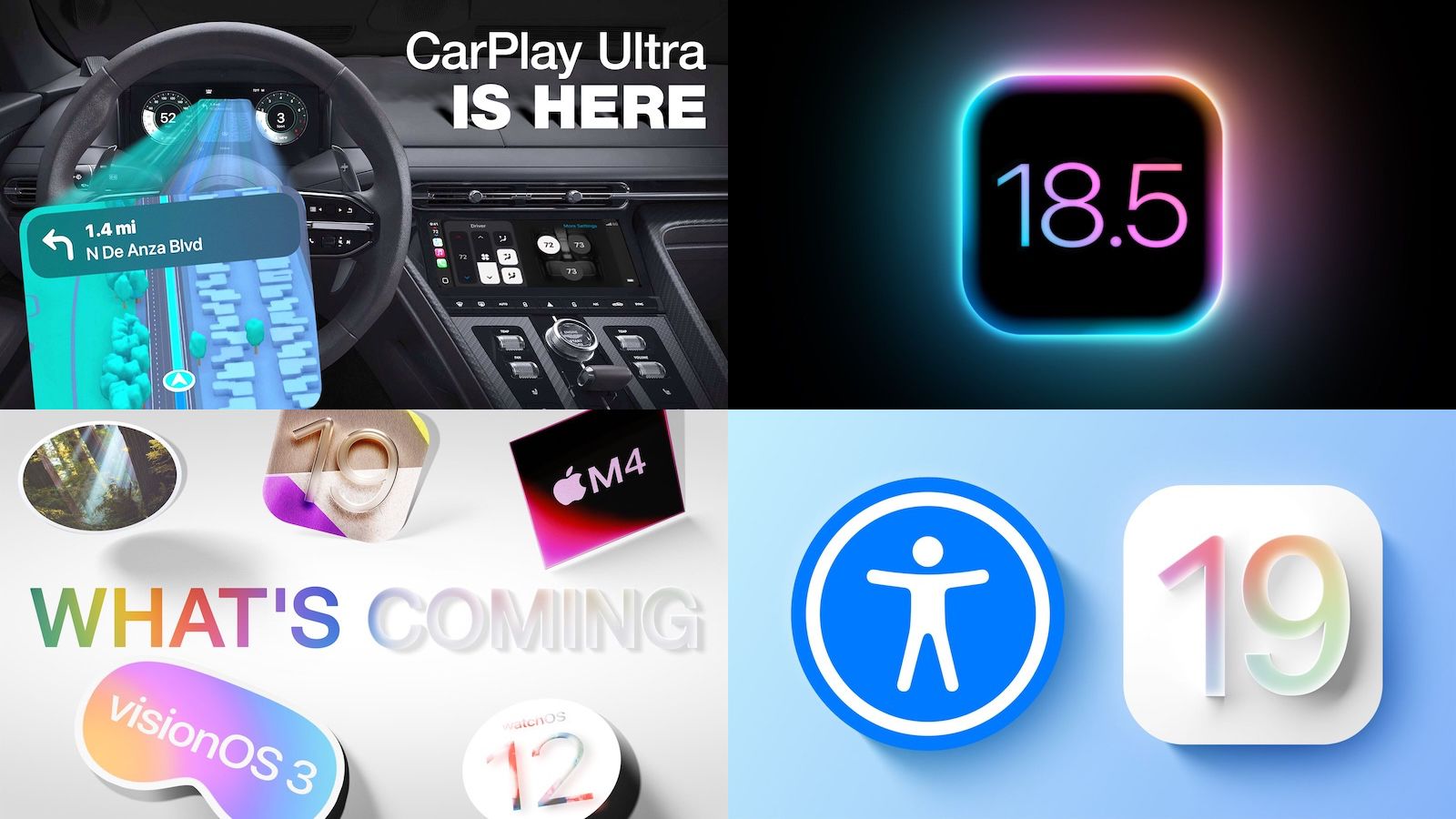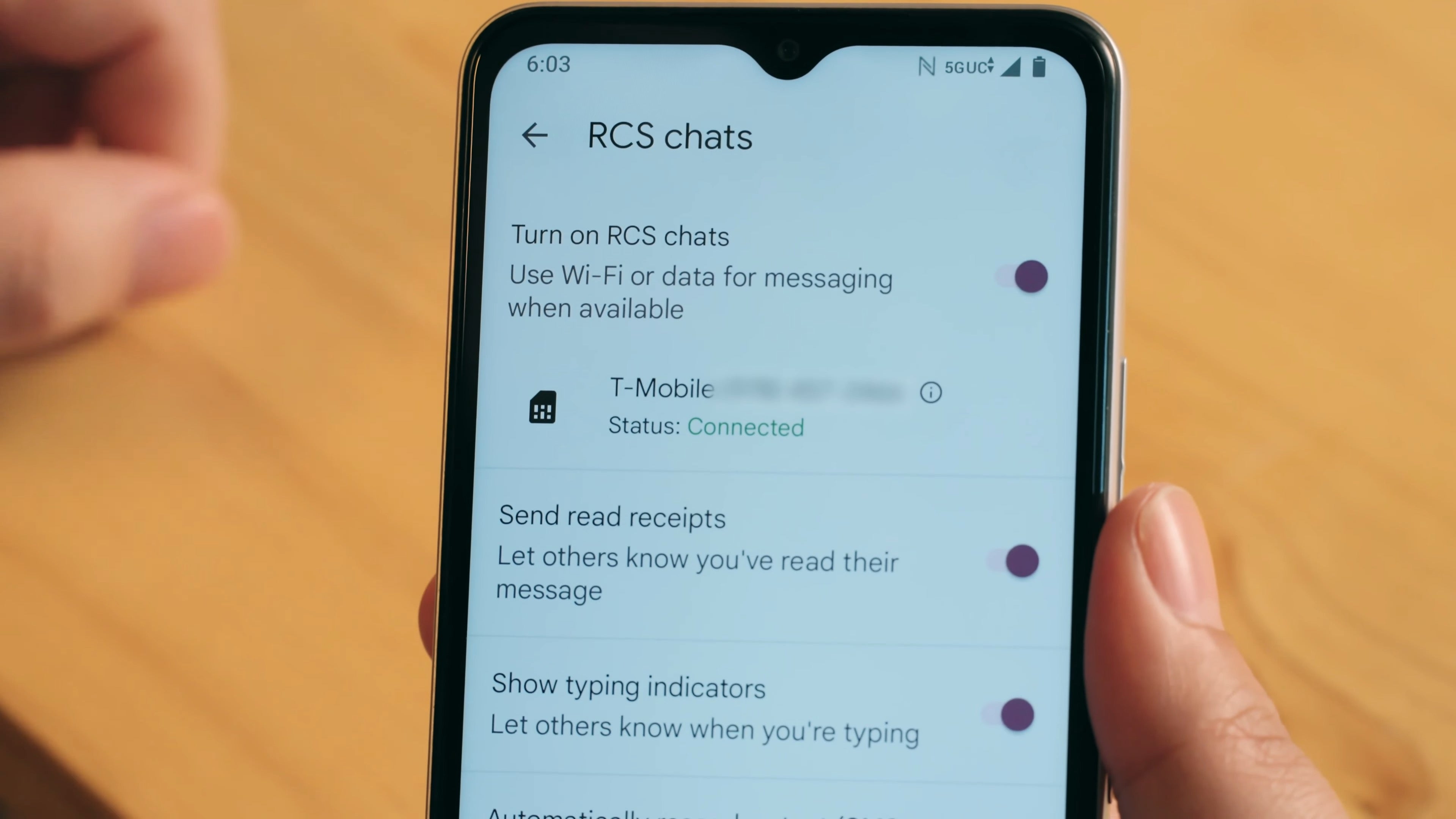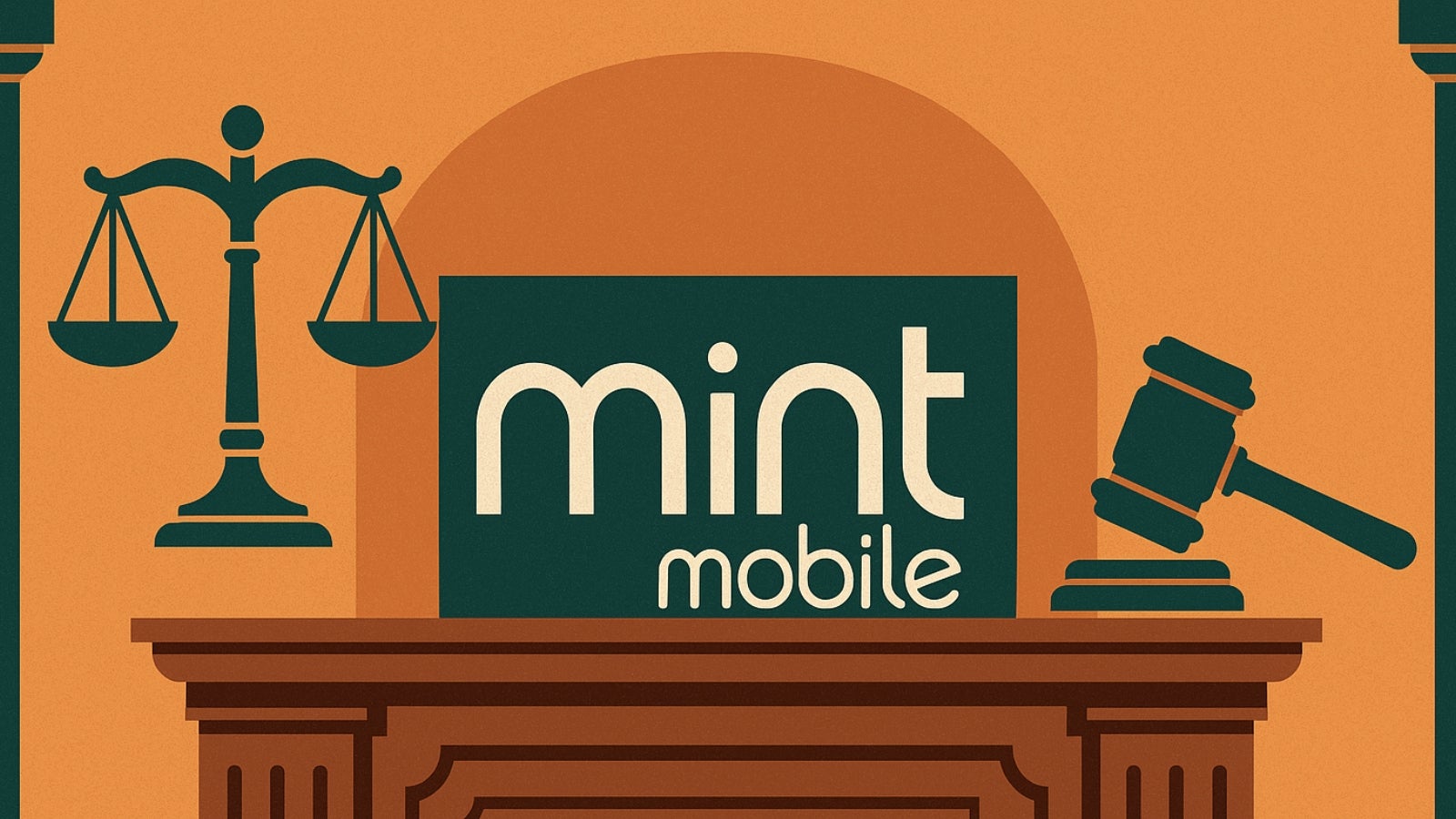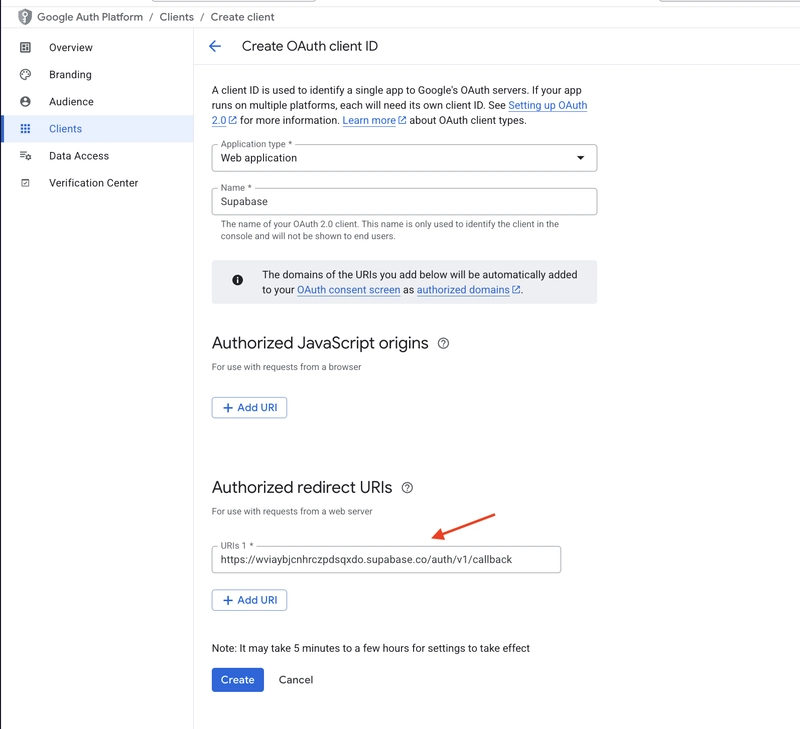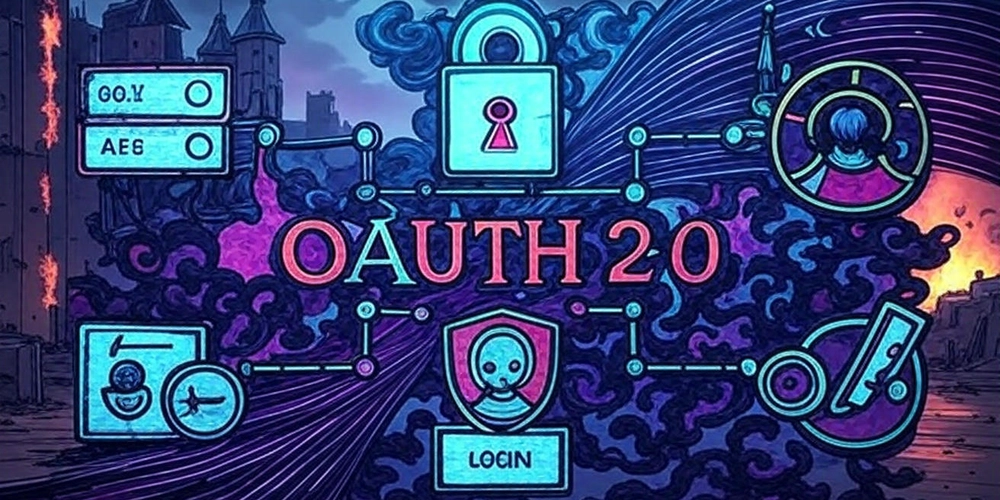Unveiling the Amsterdam License: A Comprehensive Exploration on Fair Code and Open Source Developer Compensation
Abstract: This post provides a holistic view of the Amsterdam License—a novel open source and fair code license designed to balance the ideals of free software with fair developer compensation. We cover the license’s background and context, explore its core features such as transparency, dual licensing, and protection against exploitation, and discuss practical applications and real-world examples. We also assess challenges and limitations and outline future trends and innovations surrounding the Amsterdam License. Key industry keywords such as open source licensing, developer compensation, fair code, dual licensing, and blockchain integration are integrated throughout, along with relevant hyperlinks for further exploration. Introduction In today’s digital ecosystem, open source licensing plays a central role in promoting collaboration, innovation, and sustainability within software development. The Amsterdam License emerges as a groundbreaking alternative aimed at remedying the historical challenges associated with developer compensation and commercial exploitation in open source projects. By integrating principles of transparency and fairness, the Amsterdam License strives to protect developers while supporting a thriving, community-driven ecosystem. This blog post delves into the Amsterdam License, offering a comprehensive summary and critical review that not only expands on the original article "Unveiling Amsterdam License: A Comprehensive Summary, Exploration and Review" but also incorporates additional insights from the broader ecosystem of open source licensing and fair code practices. Background and Context The Evolution of Open Source Licenses Open source licenses, such as the MIT License, GNU General Public License, and Apache License 2.0 have long provided frameworks for code sharing and collaboration. However, these traditional models often leave a gap when it comes to ensuring fair developer compensation—a gap that the Amsterdam License seeks to address. Developed by a team of technical experts, legal professionals, and community advocates, the Amsterdam License represents an effort to combine the transparency and openness of conventional licenses with a mechanism to guarantee equitable rewards against commercial exploitation. Its distinctive approach emphasizes: Fair Compensation: Protection against unfair commercial use. Transparency: Detailed reporting and clear compensation mechanisms. Sustainable Funding: Mechanisms that support ongoing developer contributions. Fair Code and Developer Sustainability The concept of fair code goes beyond merely sharing code—it ensures that when companies or other parties benefit commercially from open source projects, the developers receive their due share of rewards. With an increasing number of projects turning to blockchain-based models and transparent funding strategies, licenses that encompass dual licensing and enforced compensation requirements are gaining prominence. The Amsterdam License, with its unique emphasis on a fair code model, is well positioned to lead this new wave of open source ethics. The Ecosystem of Exploitation Concerns In forums such as Hacker News and Stack Overflow, developers frequently discuss the pitfalls of exploitation and unauthorized commercial forks. The Amsterdam License was conceived in response to these concerns, combining community insights with modern legal frameworks to create an innovative licensing model that champions transparency and accountability. Core Concepts and Features The Amsterdam License is distinguished by its commitment to both openness and fair compensation. Below, we break down its core concepts and features: Key Principles Fair Developer Compensation: The license requires that commercial users remunerate the original developers fairly. This is implemented through clauses that demand transparency in the usage of open source contributions. Balanced Dual Licensing: By allowing dual licensing, the Amsterdam License supports open source collaborations while providing commercial entities with specific licensing options. This ensures that the creators maintain control over exploitation. Transparency and Accountability: Detailed reporting and disclosure requirements ensure that every instance of commercial use is tracked. This transparency is further enhanced by its potential integration with blockchain-based systems, although it is still under exploration. Community-Driven Development: Continuous feedback from the developer community and public forums, such as GitHub License Usage, drives refinements and future updates to the license. This collaborative approach is a cornerstone of the evolving ethos in the open source licensing landscape. Feature Overlap with Other Licenses While many open source licenses emphasize mere code sharing, the Amsterdam License goes further by tackling compensation
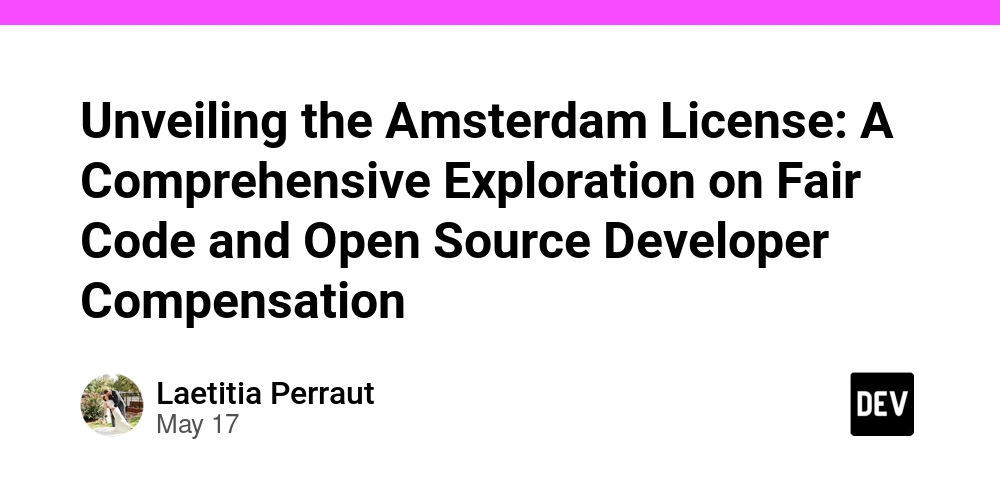
Abstract:
This post provides a holistic view of the Amsterdam License—a novel open source and fair code license designed to balance the ideals of free software with fair developer compensation. We cover the license’s background and context, explore its core features such as transparency, dual licensing, and protection against exploitation, and discuss practical applications and real-world examples. We also assess challenges and limitations and outline future trends and innovations surrounding the Amsterdam License. Key industry keywords such as open source licensing, developer compensation, fair code, dual licensing, and blockchain integration are integrated throughout, along with relevant hyperlinks for further exploration.
Introduction
In today’s digital ecosystem, open source licensing plays a central role in promoting collaboration, innovation, and sustainability within software development. The Amsterdam License emerges as a groundbreaking alternative aimed at remedying the historical challenges associated with developer compensation and commercial exploitation in open source projects. By integrating principles of transparency and fairness, the Amsterdam License strives to protect developers while supporting a thriving, community-driven ecosystem.
This blog post delves into the Amsterdam License, offering a comprehensive summary and critical review that not only expands on the original article "Unveiling Amsterdam License: A Comprehensive Summary, Exploration and Review" but also incorporates additional insights from the broader ecosystem of open source licensing and fair code practices.
Background and Context
The Evolution of Open Source Licenses
Open source licenses, such as the MIT License, GNU General Public License, and Apache License 2.0 have long provided frameworks for code sharing and collaboration. However, these traditional models often leave a gap when it comes to ensuring fair developer compensation—a gap that the Amsterdam License seeks to address.
Developed by a team of technical experts, legal professionals, and community advocates, the Amsterdam License represents an effort to combine the transparency and openness of conventional licenses with a mechanism to guarantee equitable rewards against commercial exploitation. Its distinctive approach emphasizes:
- Fair Compensation: Protection against unfair commercial use.
- Transparency: Detailed reporting and clear compensation mechanisms.
- Sustainable Funding: Mechanisms that support ongoing developer contributions.
Fair Code and Developer Sustainability
The concept of fair code goes beyond merely sharing code—it ensures that when companies or other parties benefit commercially from open source projects, the developers receive their due share of rewards. With an increasing number of projects turning to blockchain-based models and transparent funding strategies, licenses that encompass dual licensing and enforced compensation requirements are gaining prominence. The Amsterdam License, with its unique emphasis on a fair code model, is well positioned to lead this new wave of open source ethics.
The Ecosystem of Exploitation Concerns
In forums such as Hacker News and Stack Overflow, developers frequently discuss the pitfalls of exploitation and unauthorized commercial forks. The Amsterdam License was conceived in response to these concerns, combining community insights with modern legal frameworks to create an innovative licensing model that champions transparency and accountability.
Core Concepts and Features
The Amsterdam License is distinguished by its commitment to both openness and fair compensation. Below, we break down its core concepts and features:
Key Principles
Fair Developer Compensation:
The license requires that commercial users remunerate the original developers fairly. This is implemented through clauses that demand transparency in the usage of open source contributions.Balanced Dual Licensing:
By allowing dual licensing, the Amsterdam License supports open source collaborations while providing commercial entities with specific licensing options. This ensures that the creators maintain control over exploitation.Transparency and Accountability:
Detailed reporting and disclosure requirements ensure that every instance of commercial use is tracked. This transparency is further enhanced by its potential integration with blockchain-based systems, although it is still under exploration.Community-Driven Development:
Continuous feedback from the developer community and public forums, such as GitHub License Usage, drives refinements and future updates to the license. This collaborative approach is a cornerstone of the evolving ethos in the open source licensing landscape.
Feature Overlap with Other Licenses
While many open source licenses emphasize mere code sharing, the Amsterdam License goes further by tackling compensation issues head-on. For clarity, compare the Amsterdam License with other popular licenses:
| License | Compensation Mechanism | Transparency | Flexibility | Dual Licensing Support |
|---|---|---|---|---|
| Amsterdam License | Requires fair compensation for commercial use | Emphasizes detailed disclosure (with potential blockchain tracking) | Moderately flexible; needs legal vetting for hybrid models | Supports dual licensing in select scenarios |
| MIT License | None; open use with minimal restrictions | High, but no compensation tracking | Very permissive | Not typically used for dual licensing |
| GNU GPL | Indirectly enforces community fairness via copyleft | Requires strict adherence to license terms | Less flexible; viral copyleft | Dual licensing is generally not supported |
Additional Industry Insights
For more detailed discussions on alternative approaches, check out related works on platforms like Dev.to where experts analyze the challenges and innovations in open source licensing.
Applications and Use Cases
The strength of the Amsterdam License lies not only in its theoretical framework but also in its practical applications. Here are a few real-world examples illustrating its use:
Web Development Frameworks:
Several innovative web frameworks have adopted the Amsterdam License to secure fair compensation while promoting widespread community contributions. These projects benefit from the dual licensing options, attracting both open source enthusiasts and commercial customers.Data Analytics Libraries:
Data science projects developing critical analytical tools have switched to the Amsterdam License to ensure that their maintainers receive due rewards when their code drives commercial insights. This approach mitigates the risks of undercompensated intellectual property exploitation.Fintech Startups:
Financial technology applications are particularly sensitive to licensing disputes. By choosing the Amsterdam License, fintech startups aim to implement robust compensation models that catch any forms of commercial exploitation early on.
These cases exemplify how convertible licensing can balance openness with profitability while fostering innovation. Developers have reported increased transparency and community trust, as also discussed in community forums such as Stack Overflow and Hacker News.
Challenges and Limitations
Despite its innovative approach, the Amsterdam License is not without challenges. The following points highlight key limitations:
Legal Complexity:
The detailed clauses that ensure fair compensation can also introduce legal complexities, especially when the license is mixed with more permissive licenses. Prospective adopters must perform careful legal vetting.Compatibility with Other Licenses:
Integrating code licensed under the Amsterdam License with projects using the MIT License or GNU GPL can be challenging. The strict compensation clauses may cause conflict when combined with permissive licensing frameworks.Enforcement and Verification:
While measures exist to prevent underreporting and exploitation, tracking enforcement remains difficult. Critics argue that without robust systems—potentially via blockchain integration—enforcement could be inconsistent.Dual Licensing Overhead:
Adopting a dual licensing model might require additional administrative and legal overhead. This complexity may act as a barrier for smaller projects or those with limited resources.
A bullet list summarizing these challenges:
- Complex Legal Language
- Potential Incompatibility with Other Open Source Licenses
- Verification and Enforcement Difficulties
- Increased Administrative Overhead for Dual Licensing
Future Outlook and Innovations
The Amsterdam License is evolving in tandem with broader trends in technology and open source culture. Here are some anticipated trends and innovations:
Blockchain Integration:
Future versions of the license may integrate blockchain technology fully to enable immutable tracking of code usage and remuneration. This would significantly enhance transparency and trust in the licensing process.Enhanced Dual Licensing Models:
As community feedback is collected and legal frameworks mature, the dual licensing component is expected to become more flexible, reducing legal risks and enabling smoother integration with other licensing models.-
Broader Adoption Across Industries:
With growing emphasis on sustainable development and fair code practices, industries including fintech, data analytics, and even gaming are likely to adopt licensing models that ensure fair compensation.- For instance, Arbitrum and its community governance discussions hint at future cross-industry integrations where licensing intertwines with decentralized governance.
Open Discussions and Legal Adaptations:
Ongoing debates on platforms like Dev.to and community-driven discussions are paving the way for rapid legal adaptations. This iterative approach could prove crucial in refining the Amsterdam License to adapt to emerging challenges.Increase in Developer-Centric Funding Initiatives:
As open source developers continue to seek avenues for fair compensation, models involving donations, sponsorships, and even token-based rewards (as seen in projects like OCTL) may become mainstream, directly benefiting the ethos behind the Amsterdam License.
As these trends evolve, the Amsterdam License could set the benchmark for a new ecosystem where open source and fair code are no longer mutually exclusive concepts, but rather complementary pillars of sustainable innovation.
Summary
The Amsterdam License represents a pioneering effort in the realm of open source licensing. It aims to fill a critical void by ensuring fair developer compensation while fostering an environment of innovation and transparency. Throughout this exploration, we have discussed:
- The background and context surrounding traditional open source licenses and the need for a more equitable framework.
- Core concepts and features that differentiate the Amsterdam License, including fair compensation, dual licensing, and transparency.
- Real-world applications in web development, data analytics, and fintech that illustrate the practical benefits of the license.
- Challenges and limitations such as legal complexity, compatibility issues, and enforcement obstacles.
- Future outlook and innovations that promise blockchain integration, enhanced dual licensing models, and broader industry adoption.
By integrating these elements, the Amsterdam License not only champions the cause of fair code but also sets a new paradigm for how open source licensing can evolve in an increasingly commercial landscape.
For further reading, you may explore additional insights on open source and licensing at authoritative sources such as OSI Licenses and discussions on Hacker News. Further perspectives from the development community are available in posts like Navigating the World of Open Source Licenses and Gemesis OSP and Indie Hacking Revolutionizing the NFT Industry.
Conclusion
The Amsterdam License is an exciting and ambitious approach to resolving a persistent challenge in the open source world—ensuring that developers receive fair compensation for their contributions. With its emphasis on transparency, dual licensing, and fair treatment, it provides an innovative framework that is highly relevant in today's competitive and fast-evolving tech landscape.
As the license matures and community feedback drives future revisions, its success will depend on the ability of developers, legal experts, and commercial users to adapt to its requirements while preserving the core spirit of open collaboration. This evolving model promises not only to protect the interests of developers but also to catalyze a more equitable open source ecosystem where creativity and innovation are rewarded.
Key Takeaways
- Amsterdam License focuses on fair code and transparent compensation.
- It supports dual licensing and emphasizes protection against exploitation.
- Challenges include legal complexities, integration with other licenses, and enforcement difficulties.
- Future trends suggest blockchain integration and wider adoption across multiple sectors.
- Community-driven discussions and innovative funding strategies continue to shape its evolution.
In closing, the Amsterdam License stands as a testament to the evolving nature of open source licensing. It bridges the gap between open collaboration and sustainable financial support for developers—a paradigm shift that could redefine the future of software development.
For a detailed original summary, please refer to the complete review at Unveiling Amsterdam License: A Comprehensive Summary, Exploration and Review.
By keeping these principles in mind and staying informed with ongoing developments across industry forums and scholarly discussions, stakeholders can leverage the Amsterdam License to foster a fair, transparent, and innovative open source future.
Keywords integrated throughout this post: Amsterdam License, open source licensing, fair code, developer compensation, dual licensing, transparency, blockchain integration, community-driven, exploitation vulnerabilities, sustainable funding.
With continuous dialogue on platforms like Stack Overflow and GitHub License Usage, developers and policy-makers alike are well-equipped to navigate the complexities of modern open source licensing and shape the future of fair code practices. Enjoy exploring, and stay tuned for more updates on this evolving topic!











































































































































































![[The AI Show Episode 146]: Rise of “AI-First” Companies, AI Job Disruption, GPT-4o Update Gets Rolled Back, How Big Consulting Firms Use AI, and Meta AI App](https://www.marketingaiinstitute.com/hubfs/ep%20146%20cover.png)















































































































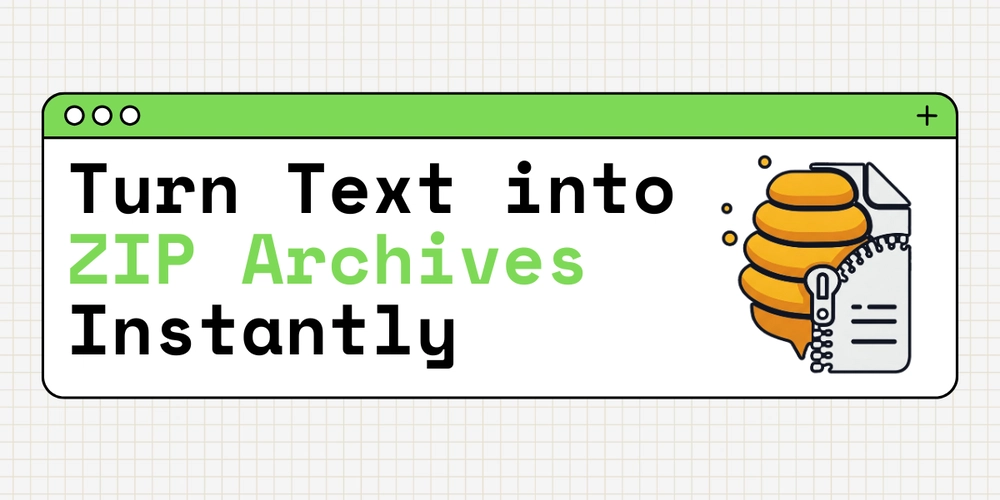

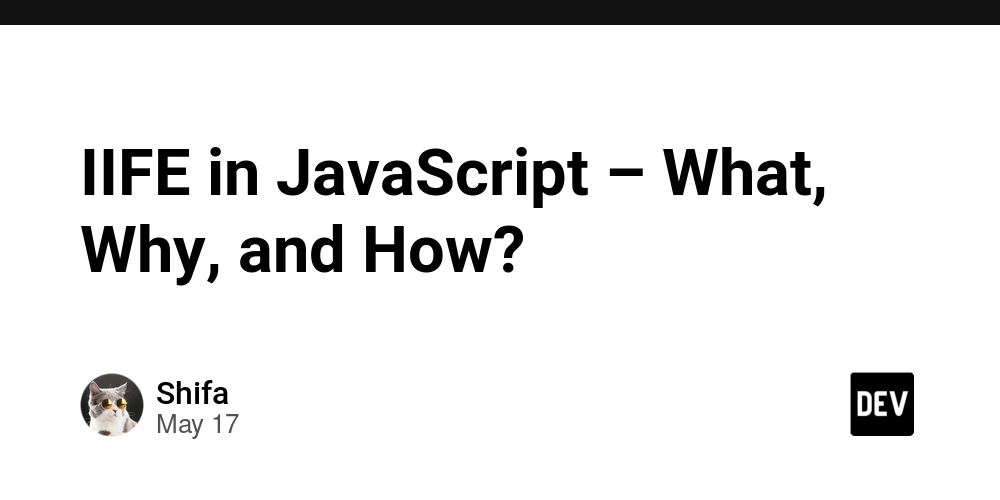










![[FREE EBOOKS] Modern Generative AI with ChatGPT and OpenAI Models, Offensive Security Using Python & Four More Best Selling Titles](https://www.javacodegeeks.com/wp-content/uploads/2012/12/jcg-logo.jpg)




![How to make Developer Friends When You Don't Live in Silicon Valley, with Iraqi Engineer Code;Life [Podcast #172]](https://cdn.hashnode.com/res/hashnode/image/upload/v1747360508340/f07040cd-3eeb-443c-b4fb-370f6a4a14da.png?#)












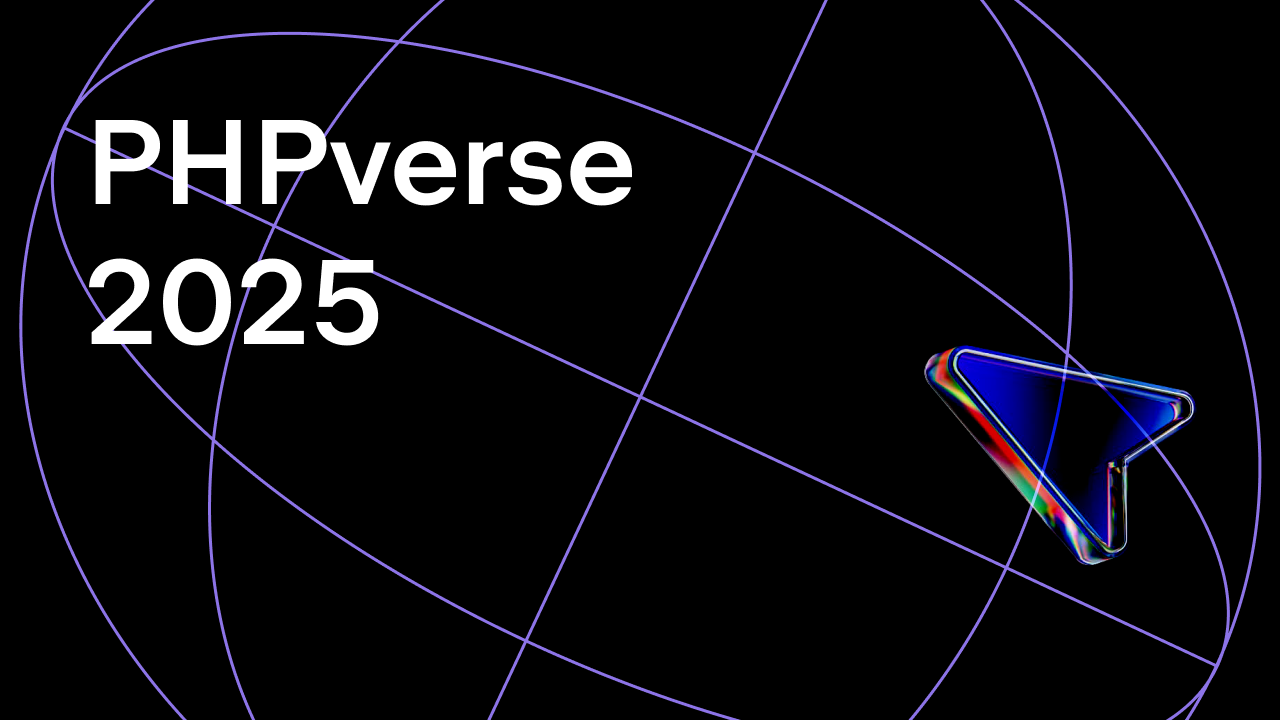


































































































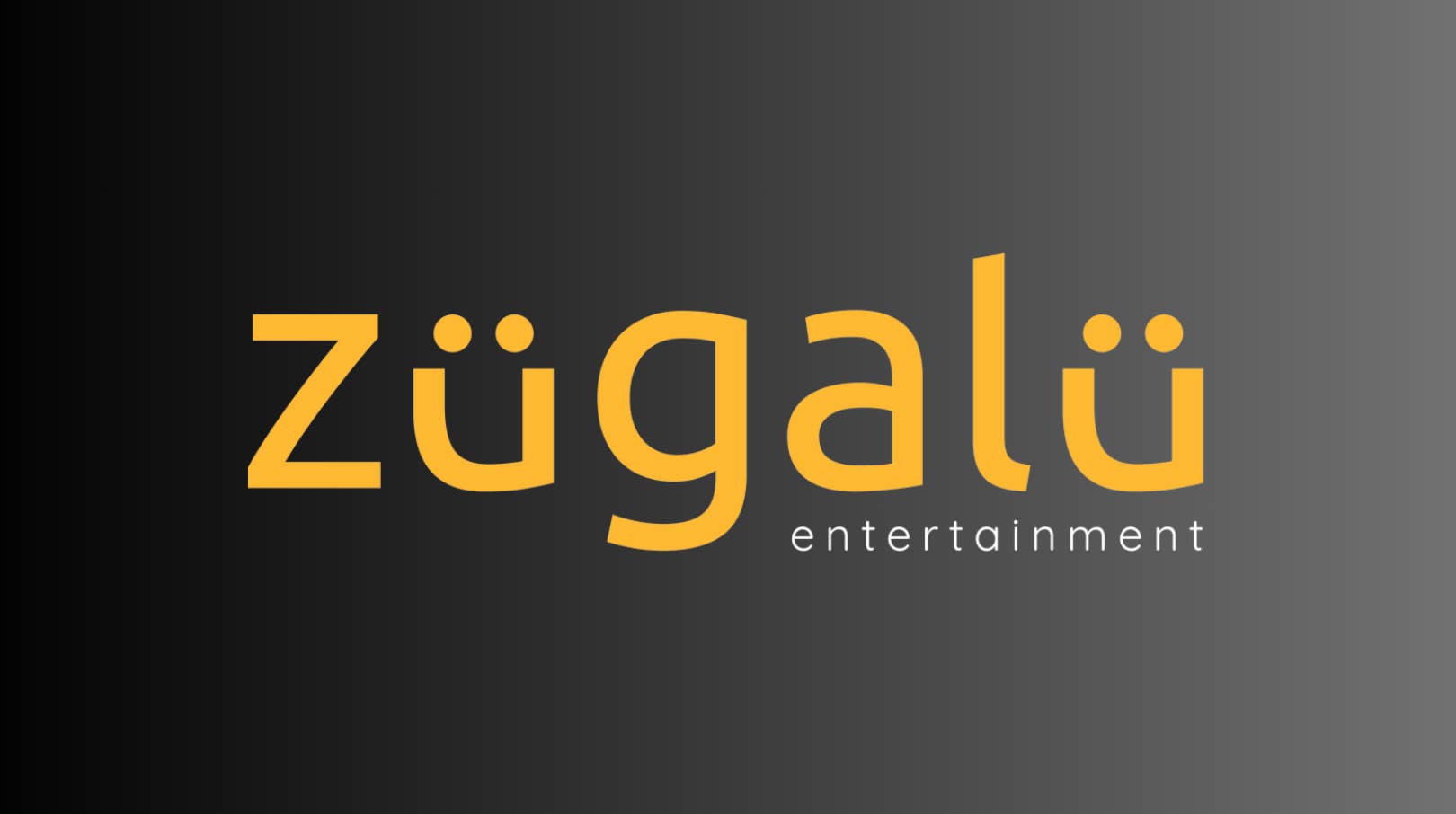


























![[Virtual Event] Strategic Security for the Modern Enterprise](https://eu-images.contentstack.com/v3/assets/blt6d90778a997de1cd/blt55e4e7e277520090/653a745a0e92cc040a3e9d7e/Dark_Reading_Logo_VirtualEvent_4C.png?width=1280&auto=webp&quality=80&disable=upscale#)




















































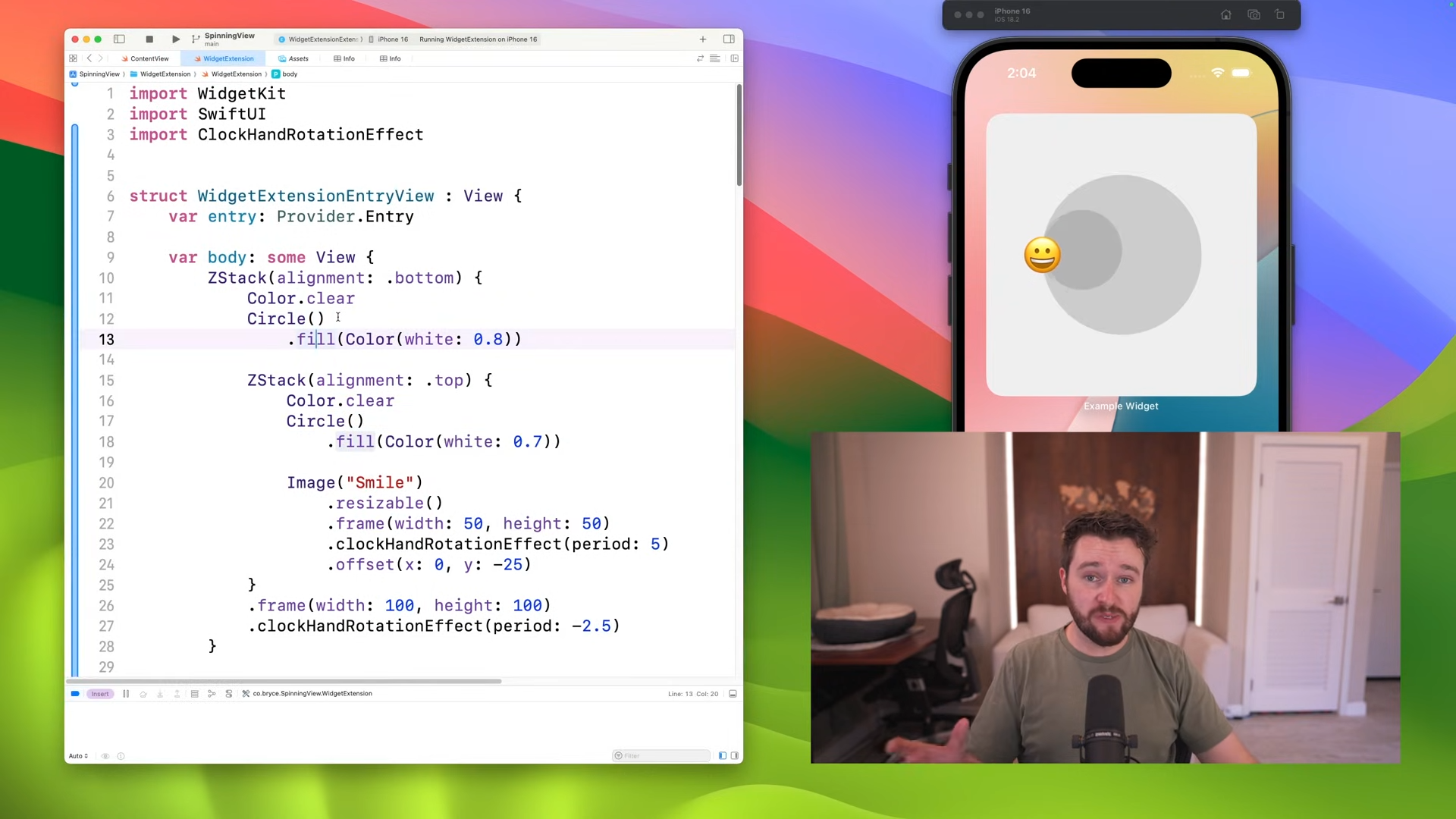
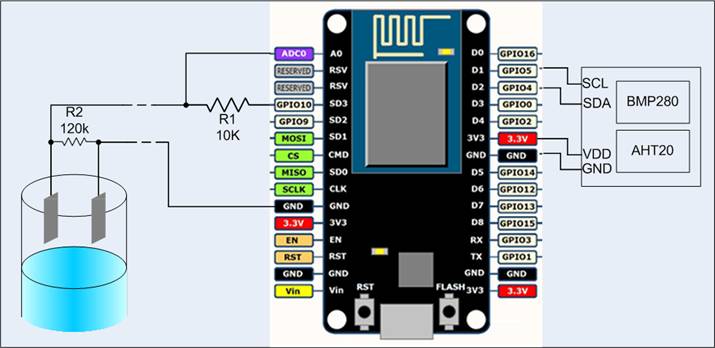




















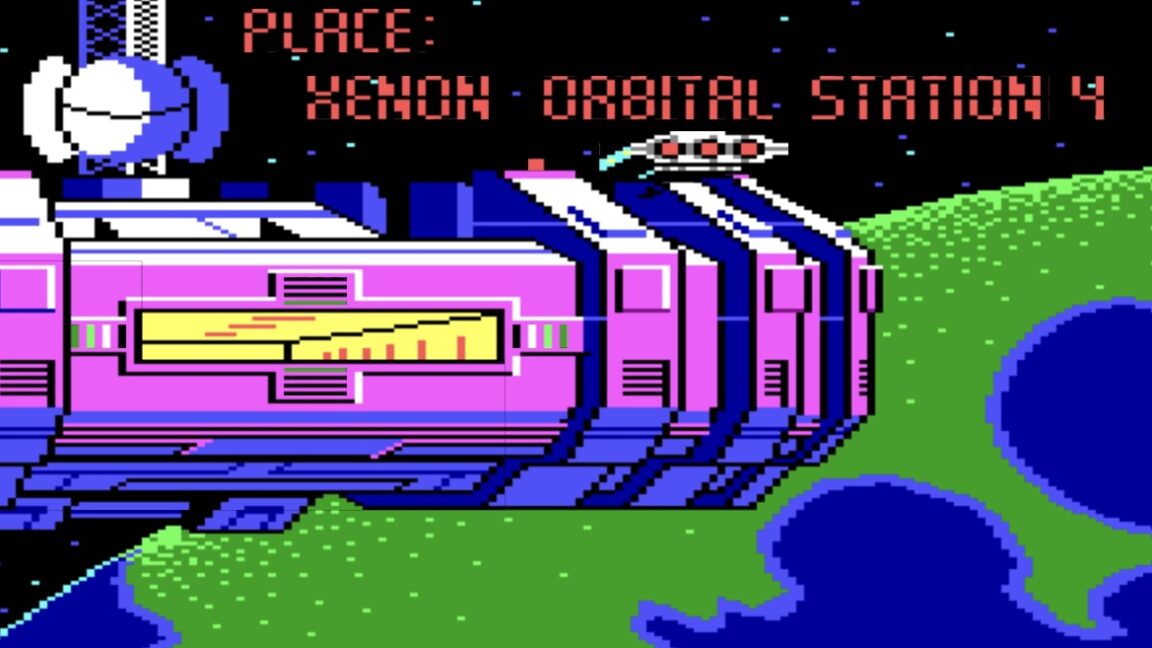





-xl-(1)-xl-xl.jpg)




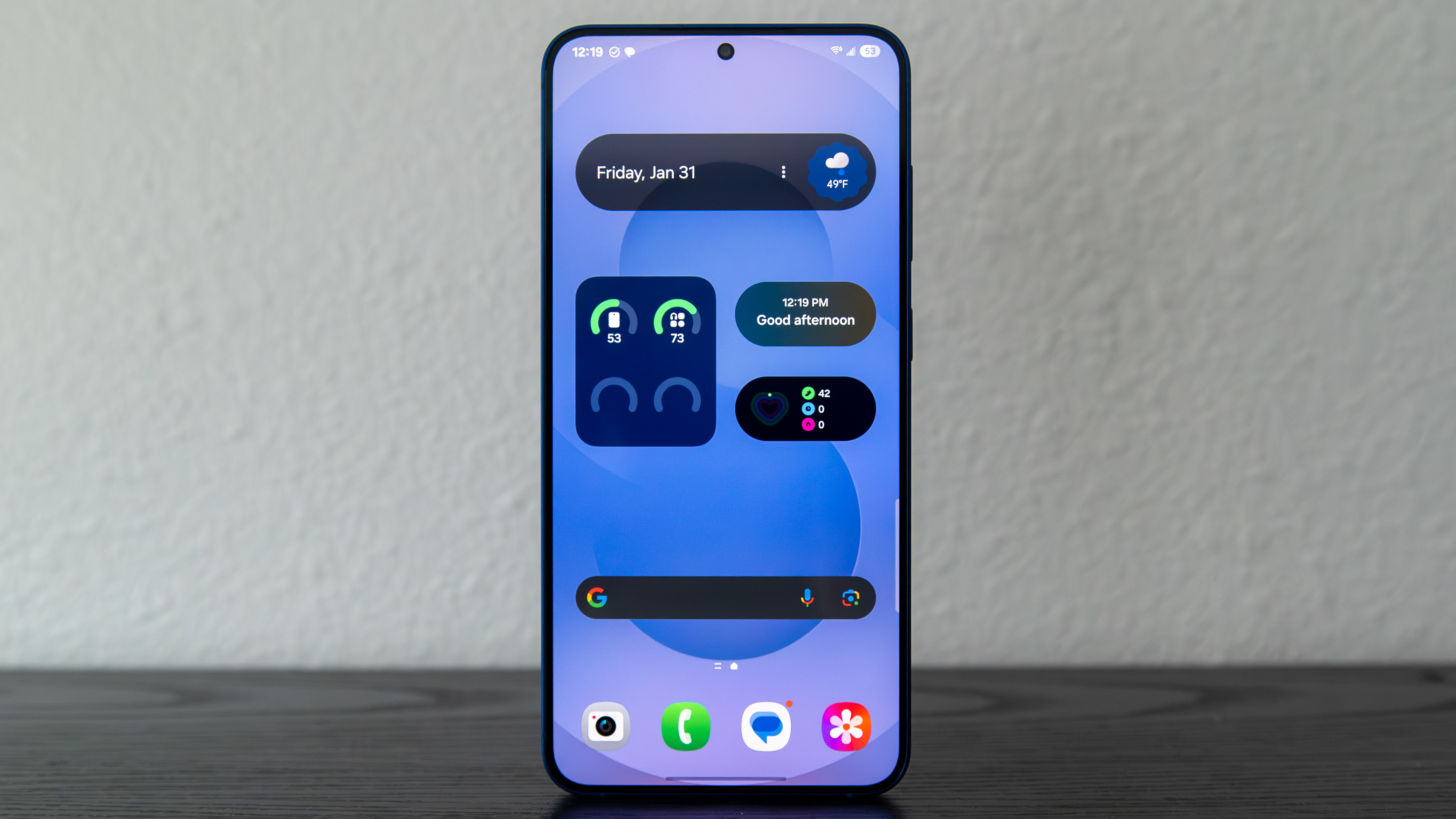


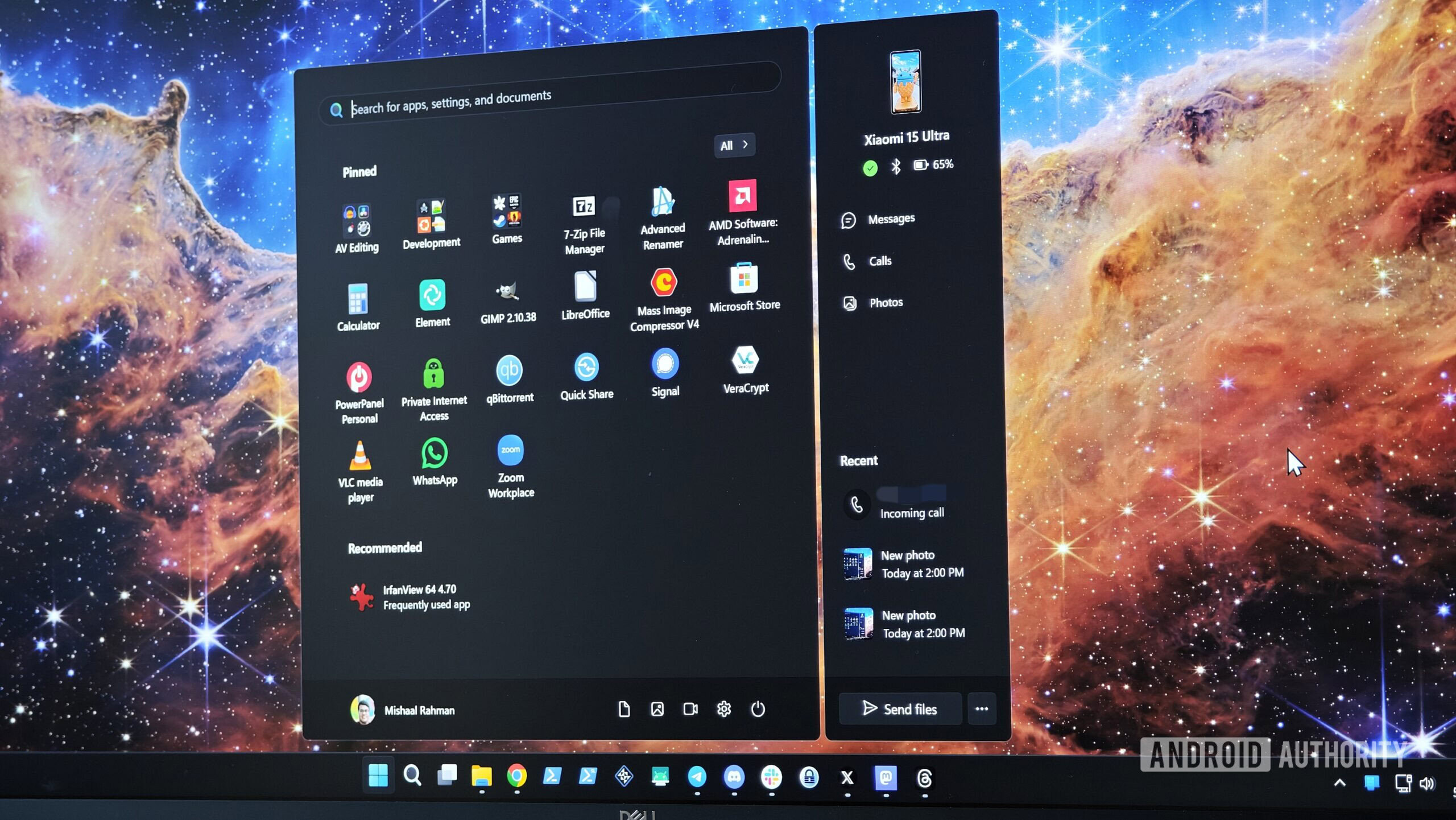



![Upgrade your CarPlay experience in 2025 with Ottocast NanoAI and Mini Wireless [20% off]](https://i0.wp.com/9to5mac.com/wp-content/uploads/sites/6/2025/05/nano-ai-banner-pc.jpg?resize=1200%2C628&quality=82&strip=all&ssl=1)















![iPhone 17 Air Could Get a Boost From TDK's New Silicon Battery Tech [Report]](https://www.iclarified.com/images/news/97344/97344/97344-640.jpg)
![Vision Pro Owners Say They Regret $3,500 Purchase [WSJ]](https://www.iclarified.com/images/news/97347/97347/97347-640.jpg)
![Apple Showcases 'Magnifier on Mac' and 'Music Haptics' Accessibility Features [Video]](https://www.iclarified.com/images/news/97343/97343/97343-640.jpg)
![Sony WH-1000XM6 Unveiled With Smarter Noise Canceling and Studio-Tuned Sound [Video]](https://www.iclarified.com/images/news/97341/97341/97341-640.jpg)








































